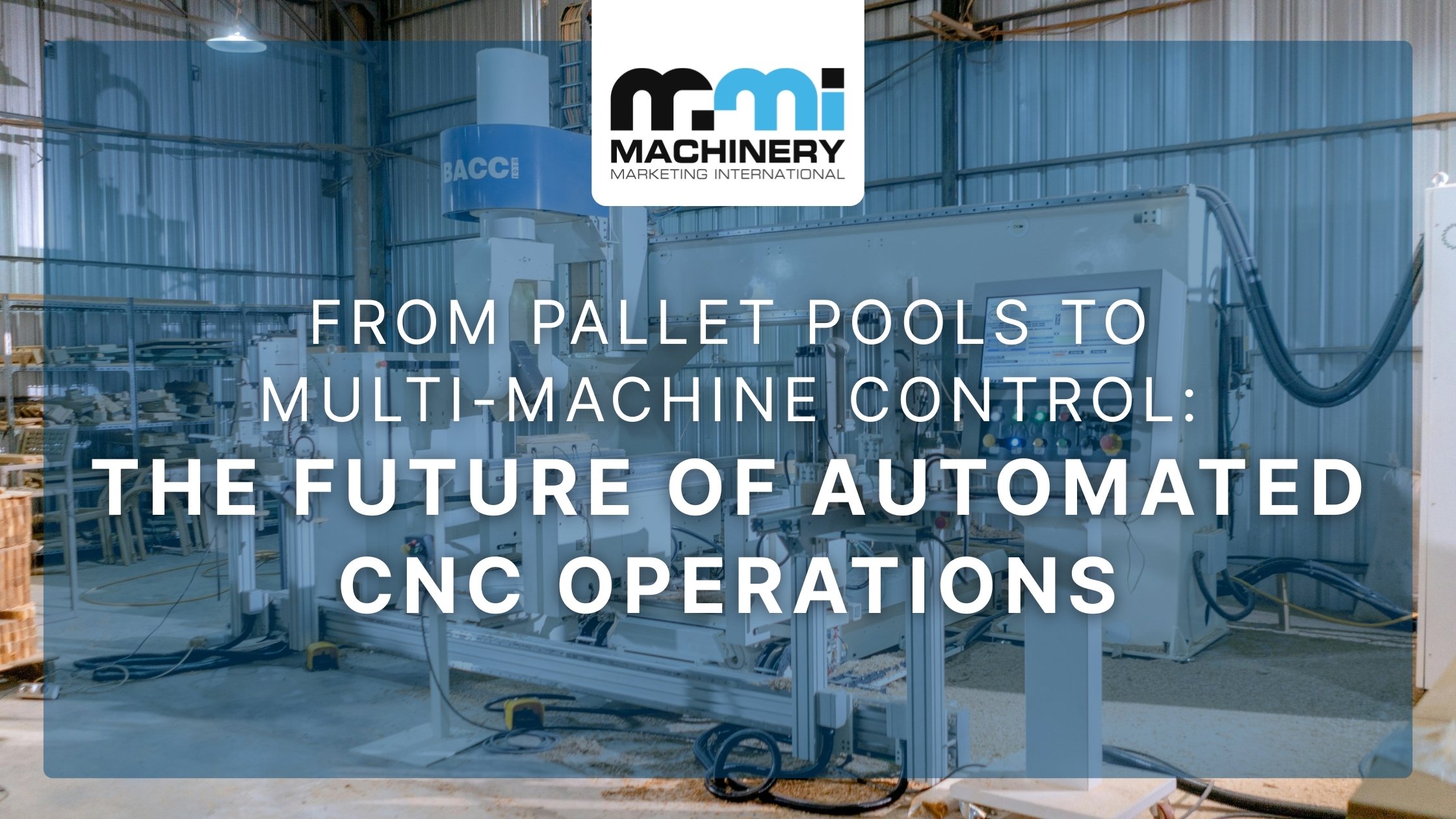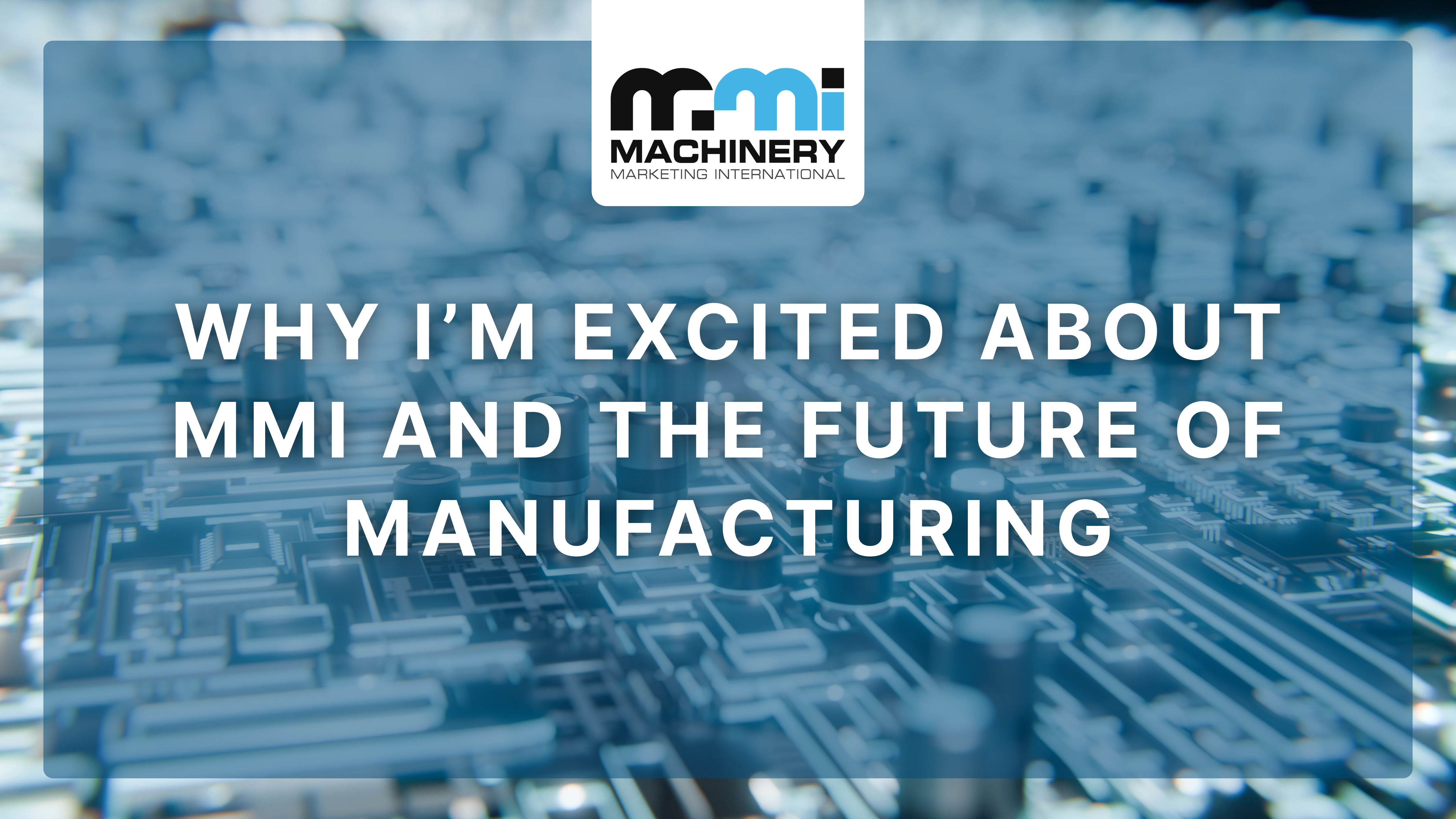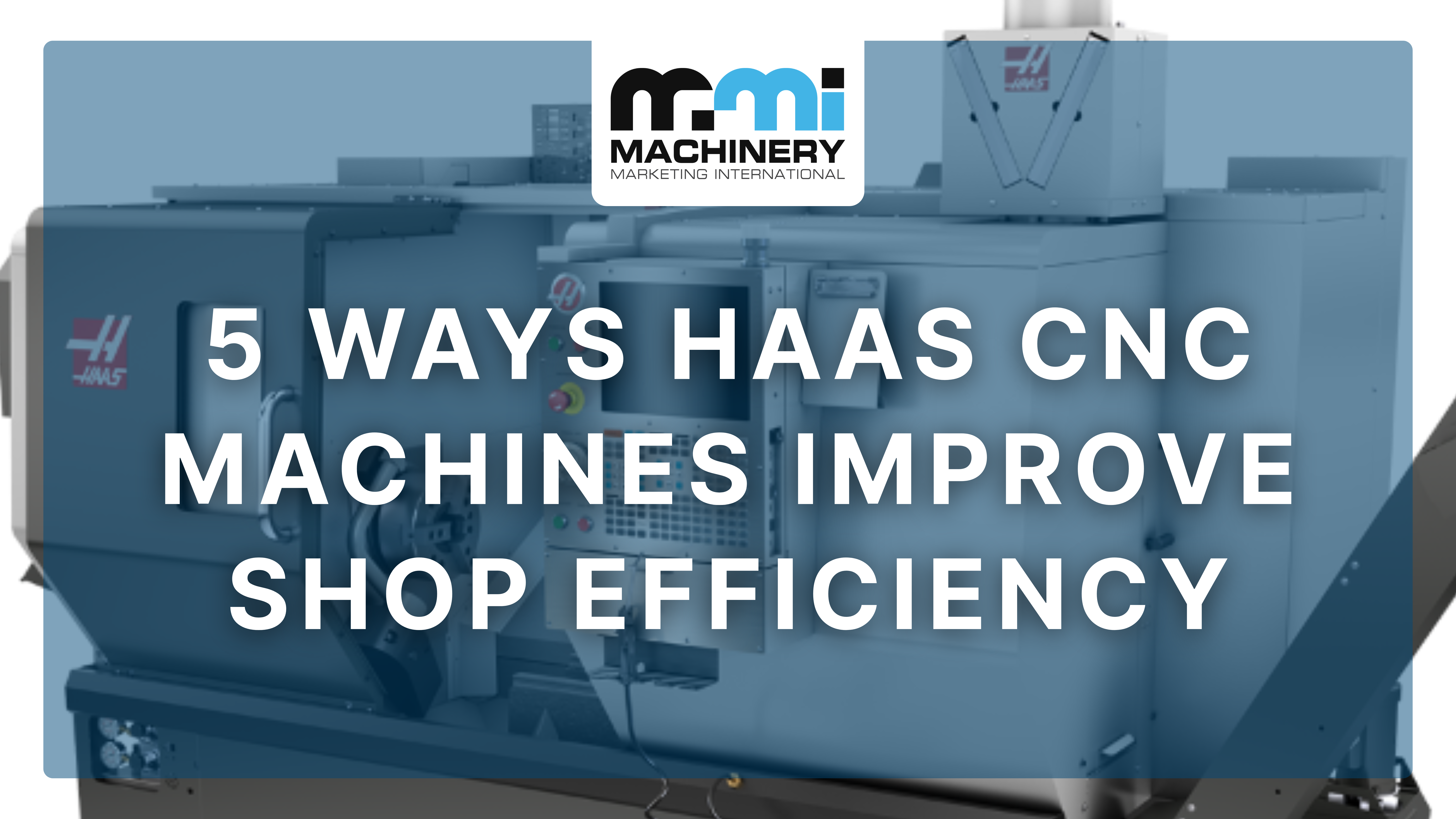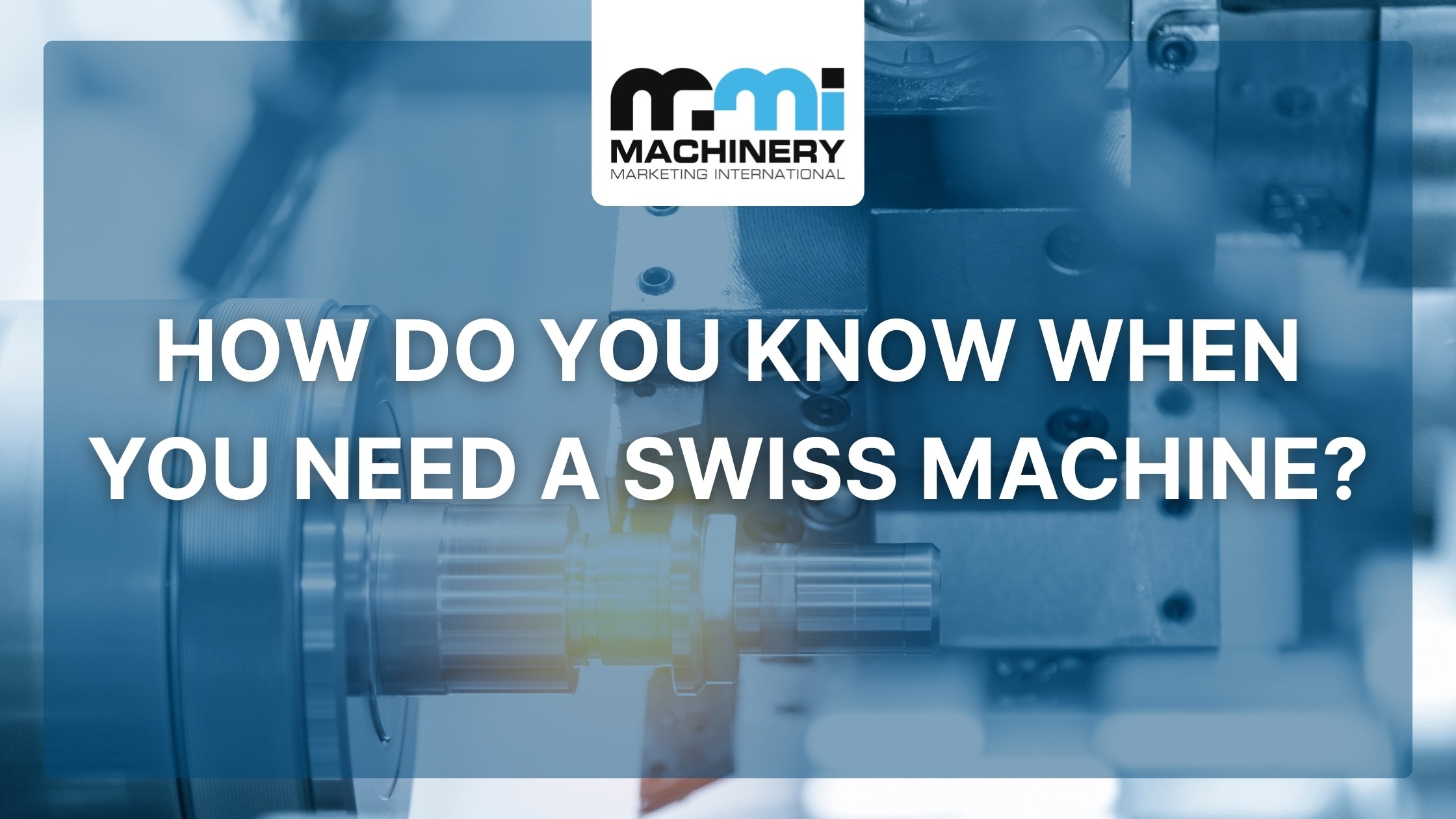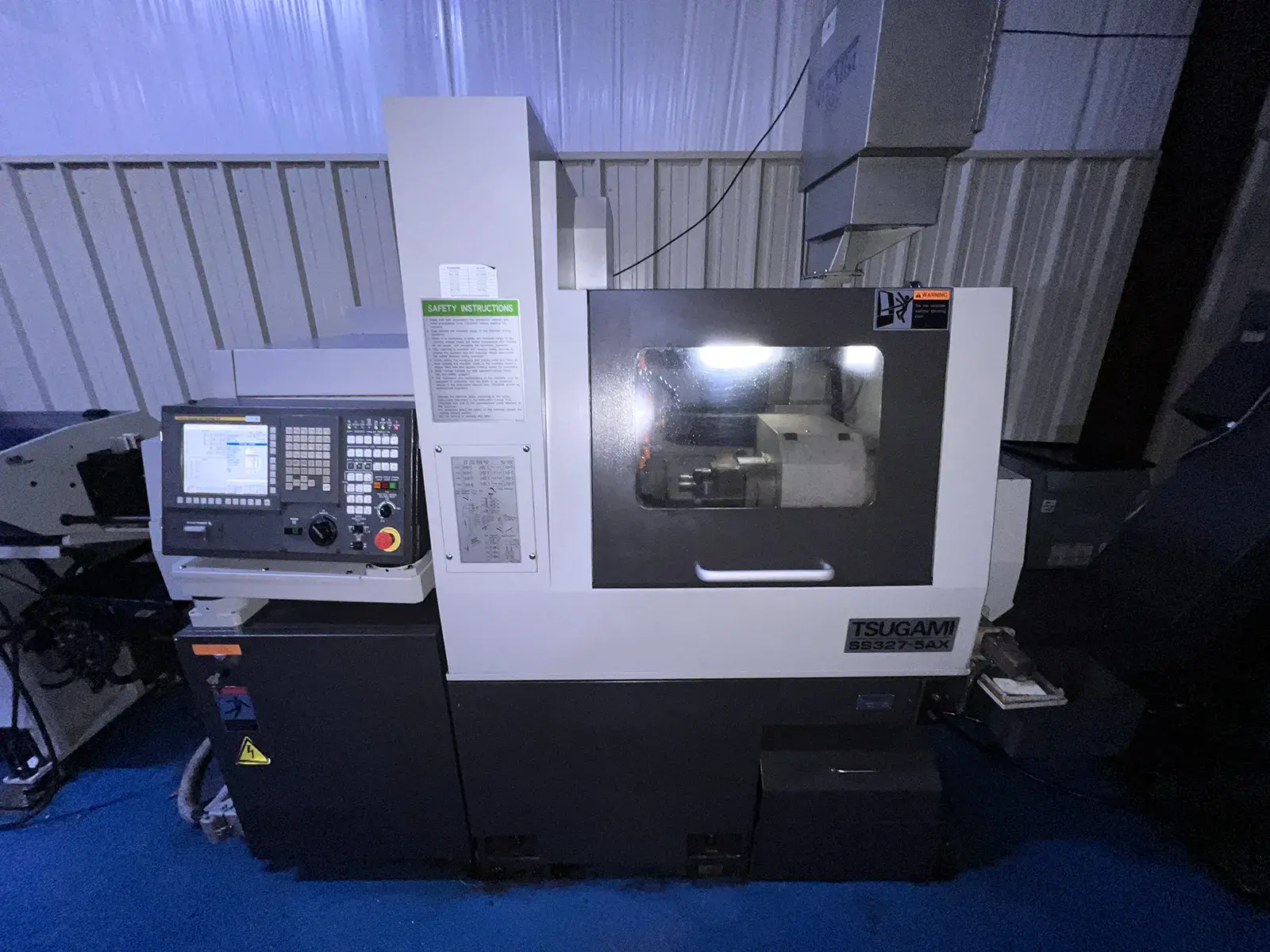In the race for efficiency, precision, and profitability, manufacturers are turning toward a new era of production, lights-out manufacturing. The concept is simple: keep machines running autonomously beyond standard shifts, even overnight, without direct operator supervision. The result is a smarter, more profitable shop that maximizes throughput without expanding its footprint.
But to achieve this level of automation, shops must invest strategically, not just in any CNC, but in systems engineered for continuous, unattended production. From pallet pool automation to multi-machine control (MMC), the path to full automation is paved with technology that connects every spindle, tool, and pallet with intelligence and precision.
Square Footage ROI: The New Metric That Matters
Traditional shop metrics like cycle time and setup speed are still important, but in the world of automation, square footage ROI is king. Every inch of floor space must generate measurable return, and that’s where automation shines.
A shop operating one horizontal machining center (HMC) in an 8-hour shift may produce a few dozen parts a day. Add a pallet pool, automatic tool monitoring, and lights-out capability, and that same footprint could yield three to four times the output, without hiring additional operators or expanding the facility.
Automation doesn’t just improve machine utilization; it redefines capacity. When one square foot of production area can work 24/7, your real estate becomes a growth engine, not a limitation.
Features That Make True Lights-Out Manufacturing Possible
Not every machine can operate unattended. For manufacturers planning to run through the night, the following features are non-negotiable:
- Large Tool Changer Capacity (100+ tools)
A high-capacity tool changer enables extended production runs and multi-part families without manual intervention. It’s the foundation of an unattended shift. - Automatic Tool Breaking System
A tool breakage detection and auto-replacement system prevents costly downtime and scrap. When a tool fails, the backup automatically takes over, ensuring consistent quality through long cycles. - Large Pallet Pool Capacity (6+ Pallets)
A large pallet pool allows for continuous machining with preloaded workpieces. Operators can prepare the next batch while the machine is running, essential for 24/7 productivity.
These features form the backbone of any successful lights-out operation, transforming a traditional HMC into a fully autonomous production cell.
The Benefit of Stacked Pallet Pools
As manufacturers look to expand capacity, stacked pallet pools have become a go-to solution. Instead of spreading horizontally, stacked systems grow vertically, increasing capacity without requiring additional floor space.
A six-pallet system may allow moderate scheduling flexibility, but a 12- or 18-pallet stacked configuration unlocks days of continuous production. Operators can schedule mixed runs, accommodate multiple setups, and minimize downtime between jobs.
This is where automation truly delivers on ROI: higher spindle utilization, greater flexibility, and more revenue per square foot, all without increasing labor or energy costs.
MCC: Linking Multiple Machines to One Pallet Pool
For shops scaling beyond a single machine, Multi-Machine Control (MCC) is the next frontier. MCC technology connects multiple machining centers to a shared pallet system, allowing dynamic scheduling and optimized resource allocation.
Instead of each machine running independently, MCC networks coordinate job flow between multiple spindles, all feeding from the same automated pallet storage and retrieval system. The benefits include:
- Higher spindle uptime: Machines can share work automatically as jobs finish.
- Flexible scheduling: Switch between parts or customers with zero downtime.
- Scalable automation: Add machines or pallets as production grows.
A well-implemented MCC setup allows manufacturers to run mixed production with seamless efficiency, one system, multiple machines, unlimited potential.
Third-Party Pallet Pool Solutions: Erowa, Midaco, and Beyond
Automation isn’t limited to OEM systems. Many manufacturers rely on third-party pallet pool providers that integrate seamlessly with a wide range of CNC brands.
- Erowa: Known for modular, expandable systems that work across milling and EDM applications. Their precision-focused solutions are ideal for multi-machine environments.
- Midaco: Offers robust retrofit pallet changers and automation systems that integrate with leading brands like Haas, Okuma, and Mazak. Perfect for shops upgrading existing equipment.
- Fastems, Lang, and System 3R: Each provides advanced material handling and robotic integration options for large-scale or customized automation environments.
These third-party providers give shops flexibility, the ability to add automation to existing machines or expand incrementally as production demands grow. Integration between these systems and CNC manufacturers has never been smoother, enabling even small to mid-sized shops to step confidently into lights-out production.
Future-Proofing Your Shop Floor
The future of CNC operations isn’t just about faster cycle times, it’s about smart capacity. Manufacturers who embrace automation today are positioning themselves for long-term resilience, higher margins, and sustainable growth.
From a single pallet changer to a multi-machine automated cell, every step toward automation increases ROI, improves consistency, and reduces dependency on manual labor.
At MMI, we help manufacturers find and integrate automation-ready CNC machines and systems that fit their production goals. Whether you’re upgrading an existing line or planning a lights-out expansion, MMI connects you with equipment that keeps your shop running, even when the lights are off.
Ready to modernize your floor and unlock the next level of efficiency?
Explore MMI’s inventory of automation-ready CNC machines or speak with our experts about integrating pallet pool systems and multi-machine control solutions into your operation.
